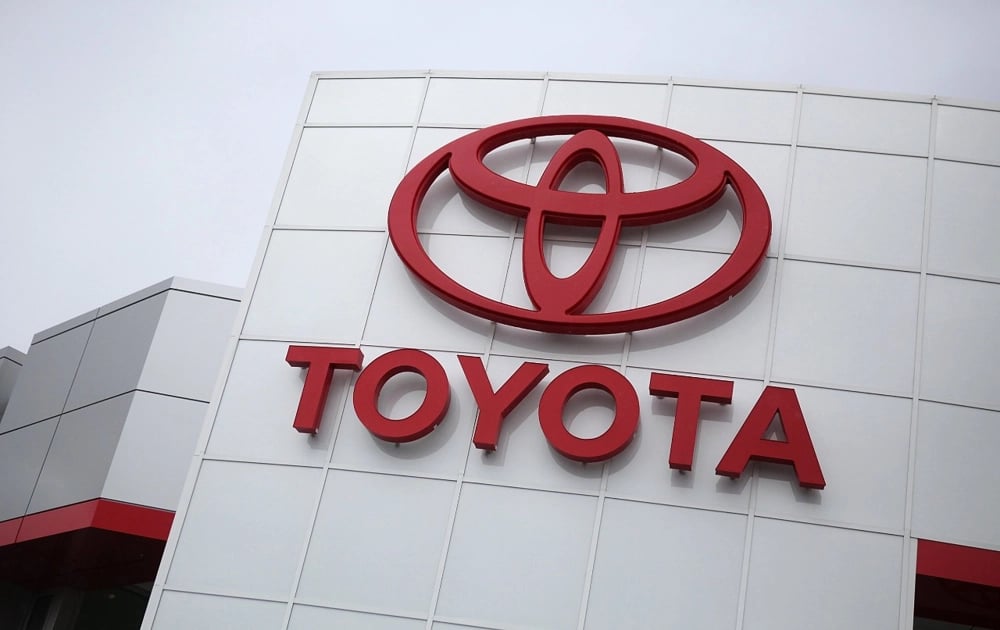Toyota Achieves New Sales Milestone Amid Tariff-Driven Surge
Toyota Motor Corp. $7203.T reported unprecedented monthly sales for the second consecutive time, as global buyers rushed to secure vehicles ahead of impending US-import tariffs. In April, group sales, including subsidiaries Daihatsu Motor Co. and Hino Motors Ltd., rose to 936,718 units worldwide. This figure marked a 12% year-on-year increase and established a new all-time monthly high, as disclosed by the company on Thursday. Correspondingly, global production reached 902,425 vehicles.
Key Drivers Behind Historic Growth
Two primary factors contributed to these record-breaking deliveries: robust demand in key markets (notably the US and Japan), and policy-induced acceleration of purchases. The announcement of tariffs on imported cars and auto parts by the US administration, under President Donald Trump, motivated last-minute buyers to act swiftly, amplifying Q2 order flows for Japanese automakers.

US Market Dynamics
Toyota and Lexus brands experienced a remarkable 10% surge in US sales, fueled by sustained consumer interest and a significant uptick in dealer orders ahead of tariff implementation. The anticipation of higher prices, along with the resilience of the US job market and stable borrowing conditions, played a crucial role in supporting elevated showroom traffic.
Implications for the Automotive Sector
The April outcomes underscore how macroeconomic policy can directly impact real-economy consumption patterns. Temporary distortions in market behavior, such as pre-tariff purchasing sprees, may invite volatility in subsequent quarters. Automakers with robust supply chain adaptability, diversified product portfolios, and strong US dealership networks—such as Toyota—are especially positioned to capitalize on such shifts.

Toyota’s Global Output: Regional Insights
Toyota’s April production data further reveals geographic divergences. While US and Japanese factories operated near full capacity, analysts observed selective bottlenecks in certain Asian markets where regulatory uncertainty and logistics constraints tempered growth. Nonetheless, Toyota’s integrated operations buffered some of these region-specific risks.
Impact Assessment
Record-Breaking Sales April sales reached 936,718 vehicles, up 12% year-on-year, surpassing previous company records;
Accelerated US Demand Domestic demand in the US surged, driven by impending tariffs and consistent consumer interest in Toyota and Lexus brands;
Strategic Supply Chain Flexibility The ability to adapt output and manage inventory ahead of regulatory changes proved advantageous for Toyota's business model;
Market Volatility Potential The preemptive spike in purchases may be followed by a period of softer demand as tariffs take effect;
Policy as a Short-Term Catalyst Political decisions can create artificial peaks in market activity, forcing manufacturers to recalibrate strategies rapidly.
Recent Developments and Forward Outlook
While the April data signals exceptional short-term momentum, future performance will likely depend on consumer adjustment to new price regimes and evolving trade policy. Medium-term trends may see a stabilization in US and Japanese auto sectors, with manufacturers focusing on digital retail expansion and product innovation to offset tariff-driven headwinds. Ongoing currency fluctuations, particularly in JPY/USD, and potential shifts in US trade policy remain critical variables to watch.















Comments
Toyota's soaring sales amid tariff uncertainty show that global trust in the brand remains unshaken.
Toyota's record sales amid tariff concerns showcase the market's rapid adaptation to external pressures.